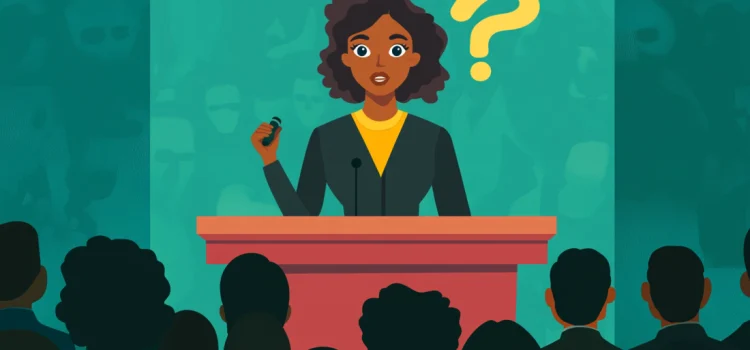How important are facts in debates? How should you deliver facts when you’re arguing with someone? Trey Gowdy believes that facts provide a stronger basis for an argument than emotion. This is because they’re fixed and can be universally understood, even by people with opposing worldviews. Learn more about Gowdy’s strategies for presenting facts to win a debate.
How to Use Facts in Debates: Winning With the Truth










